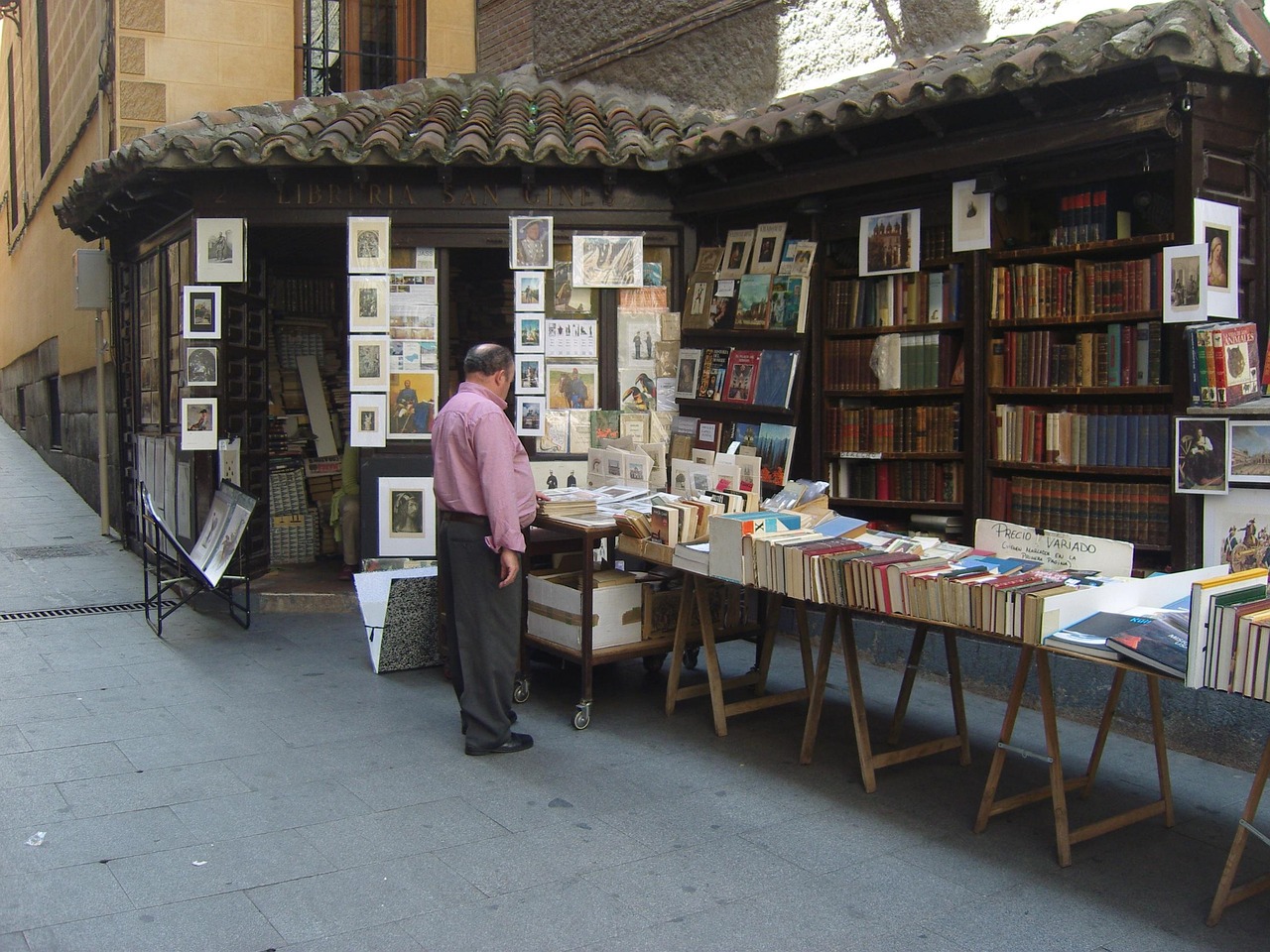
Word of the Day Opportunity
Opportunity
An opportunity is a favorable set of circumstances, moment, or occasion that makes it possible to do something, often leading to advancement, profit, or personal improvement
🌿 Word of the Day: Opportunity
Some words carry possibility within them. They suggest movement, growth, and the promise of something better. Opportunity is one such word. It is not merely a circumstance—it is a doorway. And at Emerald Book Club, opportunity is central to everything we stand for.
At Emerald Book Club, opportunity is not abstract. It is practical, lived, and intentional. It is embedded in our commitment to inspiring readers, developing writers, and building meaningful literary community.
An opportunity is more than luck. It is the intersection of preparation and possibility. It often requires awareness to recognise and courage to pursue.
📘 Definitions
a time or set of circumstances that makes it possible to do something
a favorable juncture of circumstances
a chance for progress or advancement.
Etymology: Where the Word Comes From
The word opportunity originates from the Latin opportunitas, derived from opportunus, meaning “favourable” or “fit.” Interestingly, its earliest usage had nautical roots. In classical Latin, opportunus referred to a wind blowing toward a port—literally carrying a ship safely to harbour.
This maritime origin is deeply symbolic. Opportunity is not random; it is alignment. It is the moment when conditions support forward movement. Just as sailors had to recognise the right wind, we too must recognise the right moment.
Over time, the word evolved to describe advantageous situations in personal, professional, educational, and creative contexts.
Synonyms and Related Terms
-
Chance
-
Prospect
-
Opening
-
Possibility
-
Break
-
Occasion
-
Advantage
Each synonym reflects a slightly different nuance. A chance may be fleeting. A prospect suggests future potential. An opening implies access. Together, they show that opportunity can be immediate or long-term, subtle or transformative.
Opportunity in Literature and Personal Growth
In storytelling, opportunity often marks the turning point. A character receives a letter, meets a stranger, discovers a hidden truth, or dares to take a risk. That moment shifts the narrative trajectory.
Similarly, in real life, opportunity often arrives quietly. A workshop invitation. A community discussion. A book that changes perspective. A chance to share your writing publicly for the first time.
At Emerald Book Club, we recognise that literature itself is an opportunity:
-
An opportunity to expand vocabulary.
-
An opportunity to encounter new viewpoints.
-
An opportunity to develop confidence in speaking and writing.
-
An opportunity to build relationships through shared ideas.
Books open intellectual doors. Discussions open social doors. Creative expression opens personal doors.
How Opportunity Aligns with Our Mission and Vision
Emerald Book Club’s mission is to inspire and develop readers, writers, and authors through workshops, debates, book clubs, poetry sessions, and creative gatherings. Our vision is to create inclusive spaces where literature fosters connection, critical thinking, and growth.
Opportunity sits at the centre of that vision.
1. Opportunity for Readers
We provide structured spaces for readers to explore genres, themes, and ideas they might not encounter independently. Each session is an opportunity to deepen comprehension and analytical skill.
2. Opportunity for Writers
Emerging writers often need more than talent—they need platforms. Through open mics, poetry events, storytelling sessions, and collaborative projects, we create tangible opportunities for voices to be heard.
3. Opportunity for Community
In a time where isolation is increasingly common, literary gatherings offer social opportunity—space to connect meaningfully. Conversation around books becomes a bridge across backgrounds and experiences.
4. Opportunity for Confidence
Participating in discussions, reading aloud, or sharing creative work cultivates self-belief. Opportunity is not only external; it is internal growth.
The Responsibility Within Opportunity
Opportunity carries responsibility. It requires preparation, commitment, and follow-through. A favourable wind is only useful if the sails are raised.
As a community, we encourage members not only to recognise opportunity but to act upon it—to attend the workshop, submit the poem, join the discussion, recommend the book, or start the conversation.
Growth is rarely accidental. It is intentional participation in opportunity.
Reflection
What opportunities has reading created in your life?
Have you discovered new interests, perspectives, friendships, or ambitions through literature?
At Emerald Book Club, every event, every discussion, and every shared text is designed to be more than a meeting—it is an opportunity. An opportunity to think more deeply. To speak more confidently. To write more boldly. To connect more meaningfully.
📚 Join us as we continue creating spaces where opportunity is not rare, but cultivated—where the right wind meets prepared minds.






























